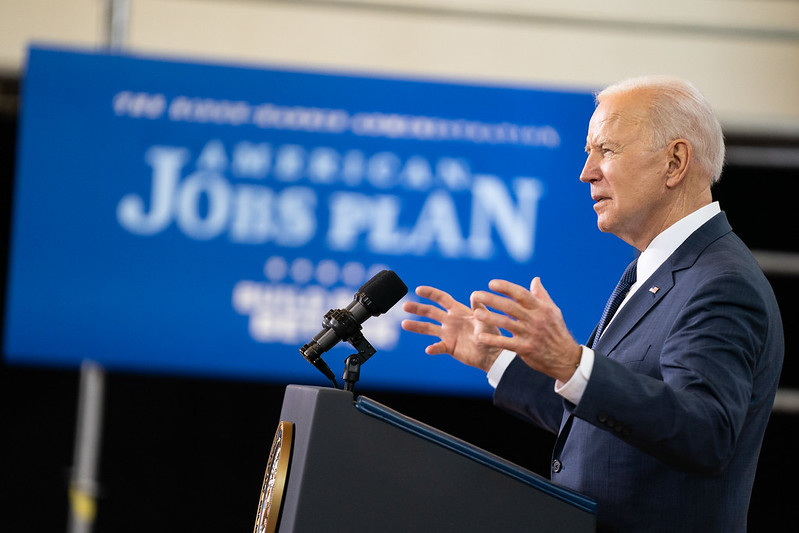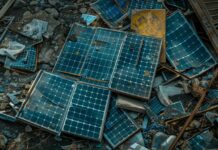
As Your Survival Guy points out here, not all is well inside China’s economy as witnessed by the lack of Chinese tourists on a recent trip to Paris. According to Nathaniel Taplin in The Wall Street Journal, China’s economy is suffering from overcapacity, and it’s about to get worse. He writes:
Cheap Chinese high-tech goods have flooded the global economy this year, raising alarms in Washington and Brussels as Western businesses complain about what they see as a new round of unfair competition.
Chinese leader Xi Jinping has dismissed the charges, saying “there is no so-called problem of Chinese overcapacity.” Instead, Chinese officials say the country’s electric vehicles, solar panels and other products are simply better and more competitive than Western versions.
But a look at China’s industrial sector shows clear signs of overcapacity, especially in industries such as solar panels, automobiles and steel. In some sectors, the situation looks poised to get worse, as China keeps expanding capacity even as domestic demand stays weak.
It isn’t easy to define “overcapacity,” because it is unclear what the “over” is in comparison to.
Should China’s industrial scale, and new investment, be benchmarked against its current growth? Against the world’s growth? Or against China’s future growth?
Western politicians eyeing a tidal wave of cheap goods prefer the first definition. Beijing prefers the second or third.
What is clear is that since 2021, Chinese companies have invested more in manufacturing than usual, even though domestic demand and exports have often been weak. The trend has been especially stark for certain sectors that are favored by Beijing and often benefit from subsidies, such as EVs.
Auto-sector investment growth hit nearly 25% year-over-year in early 2023. The investment surge in solar panels, chips and batteries has been even more impressive.
As investment has surged, profit margins for Chinese producers have plummeted, especially for autos and steel.
Net profit margins for China’s manufacturing sector as a whole were under 4% in early 2024, well below average levels of around 6% in the late 2010s.
Enormous capacity paired with weak demand and lower margins at home has pushed more Chinese goods into global markets. That excess supply has driven prices for some Chinese goods lower and undercut competitors abroad.
But the impact has been different for different products.
While Western politicians have focused on the threat from Chinese autos, falling prices have so far been much worse in steel and solar panels. Prices for lithium-ion batteries have actually been sharply higher since 2020—although recently they have been falling rapidly.
China’s latest excess capacity problem emerged in earnest around the same time as the nation’s epic property crash. That is no coincidence.
The property crash curbed demand for steel and other building materials. As mortgage borrowing dried up, the bust also freed up excess savings for investment in things such as autos, chips and solar-cell factories—something actively encouraged by Beijing, which prefers a manufacturing-driven, rather than property- and consumption-driven, growth model.
As long as China’s property market remains in the doldrums, Chinese households keep saving, and Beijing remains determined to manufacture its way out of economic trouble, China’s overcapacity problem is unlikely to substantially improve.
Action Line: You know Your Survival Guy is no fan of America’s current leadership. But to paraphrase Napoleon, “Never interfere with the enemy while he is in the process of making a mistake.” America should avoid interventions around China, especially while the country’s leadership is making mistakes with its economy. Please click here to subscribe to my free monthly Survive & Thrive letter.



